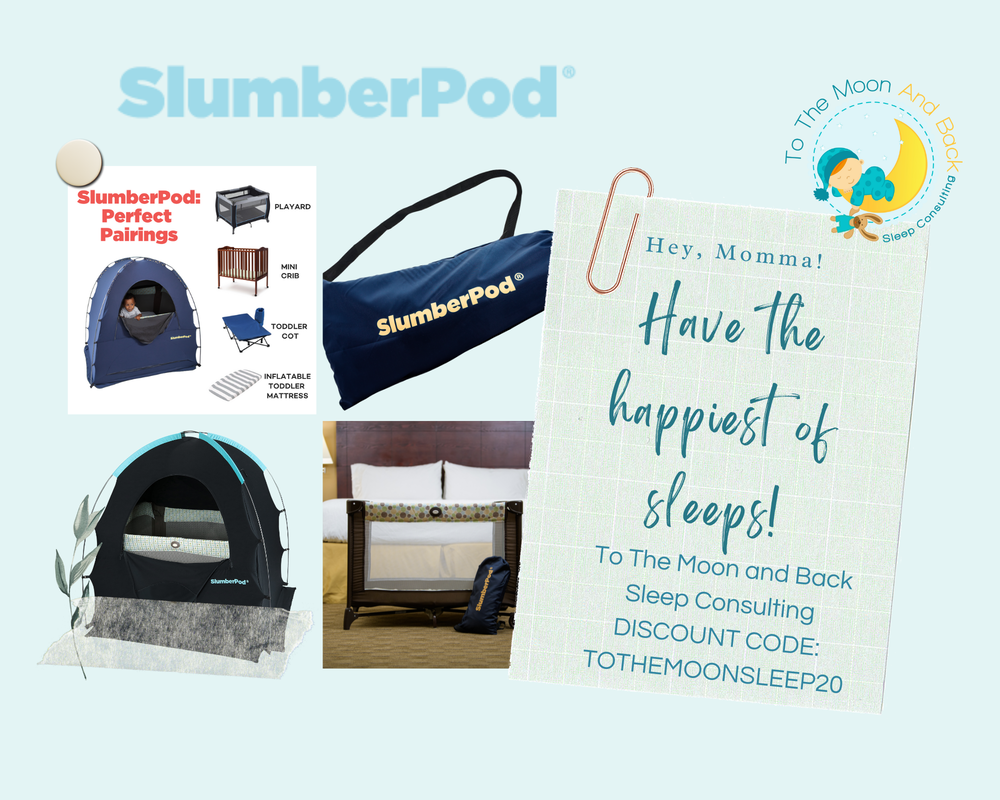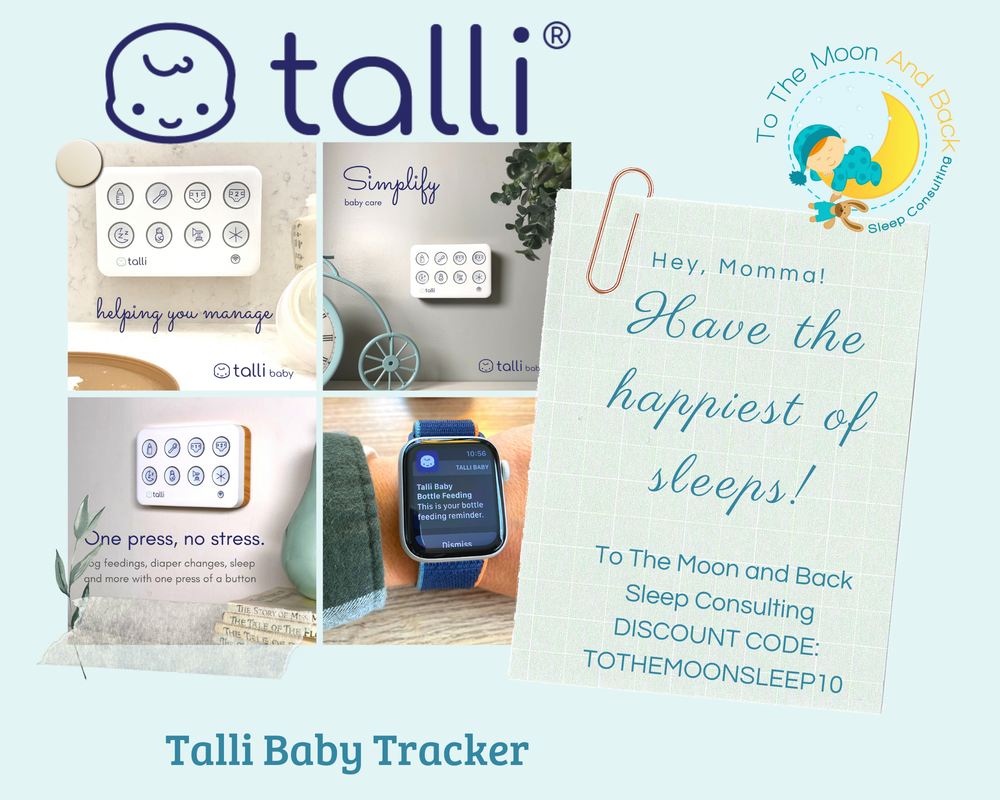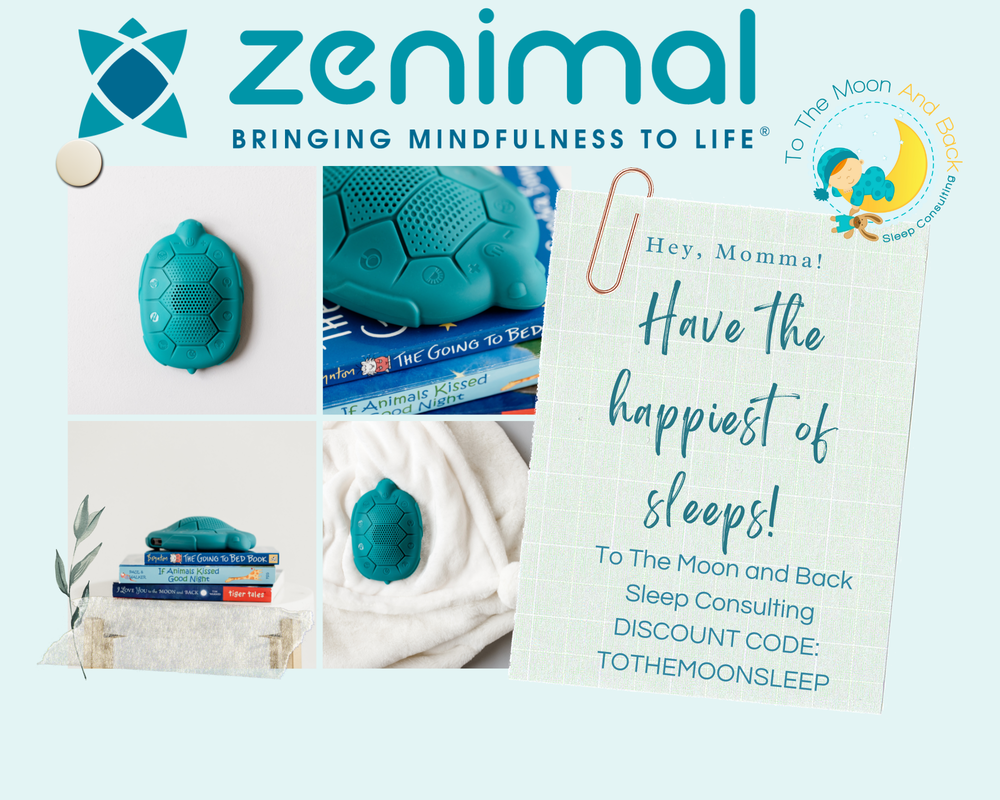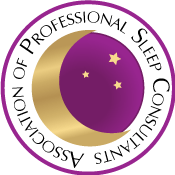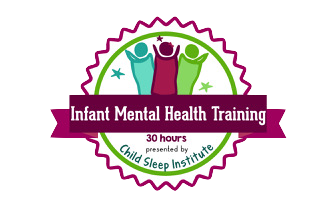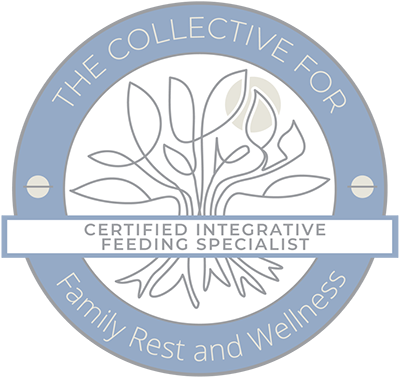|
I have always been fascinated with home remedies. Try rubbing aspiring on a bee sting! Quiet a colicky baby by running the vacuum cleaner! Swallow a teaspoon of sugar to cure your hiccups! I’m sure this fascination came from having an amazing grandmother who always recommended such things and being somewhat of a sickly kid myself. LOL! However, I know I am not alone in the quest for "natural remedies" after all there are a ton of books on the subject still available on Amazon today. One of the big selling points of cures like these is that they’re “natural.” Many people feel like their doctors are too quick to prescribe medications and feel like it's because of big Pharma kickbacks. People don't always want to a lab- designed chemical to solve the problem. They like the idea of using something readily available in nature. You know. Like penicillin. I should stipulate here that I’m not anti-pharmaceutical, nor am I anti-homeopathy. I feel that health decisions are something that should be carefully considered by the individual with the advice of their doctor. If probiotics improve your gut health, I say go for it. If you need serious medication to for a heart condition, then you should probably take that as well. However, anything you’re going to put in your body, and every bit as necessary, your child's body, should be evaluated for its efficacy and possible side effects, which is why I want to talk about melatonin again. A lot of homeopathic experts has touted melatonin as a safe, natural way of helping people get to sleep, and in many ways, that very is true, but there's a whole lot more to understand about it before you take it yourself or give it to your child. So, what is it, exactly? Well, melatonin is a hormone that secreted from the pineal gland that helps to settle your body and mind down when it's time to sleep. How exactly it does that is a very complicated process and involves more biology that I can hope to understand, much less explain. So, in the simplest terms, melatonin is your brain’s way of turning the lights off for the night. Cortisol is its counterpart, which opens them back up, and the two together make up a large part of what we call our “body clock,” but more on that later. An important point here is that MELATONIN IS NOT A TRADITIONAL SLEEP AID. As Dr. Luis Buenaver, a sleep expert from Johns Hopkins explains it, "Your body produces melatonin naturally. It doesn't make you sleep, but as melatonin levels rise in the evening, it puts you into a state of quiet wakefulness that helps promote sleep." How does our body know when to start producing melatonin? Quite naturally, actually. When it starts to get dark, the body recognizes the onset of night and gets the melatonin pumps up and running. That worked like a charm for a couple of hundred thousand years, until we invented the light bulb. Plus the television. And the smartphone. And the laptop. And tablets. Nowadays our eyes are flooded with so much artificial light that it can be difficult for our brains to determine when the night is coming on, and it can interfere with melatonin production. That can mess up our body clocks and contribute to insomnia. Now, in some cases, jet-lag and shift work are the most significant two, when our body clocks temporarily are thrown out of whack a melatonin supplement can help reset our body clocks, but it's not a solution to sleep issues. My first piece of advice to people who are having trouble sleeping is to turn off their screens a couple of hours before bed, turn down the house lights, and come up with a bedtime routine. Let your body know that it’s time to sleep, and it’ll do almost all of the leg work for you. Side note: This is not the case for insomniacs. People with psychological or physical conditions that inhibit their sleep should consult with their physicians. Now, when it comes to kids, all of this information still applies. Newborns are something of an exception, as they don’t start producing melatonin and cortisol until they’re about two months old. Until then, they're flying by the seat of their pants, sleep-wise, as I'm sure you probably already know if you have any of your own. However, past the 2-month mark, they start to establish a 24- hour light-dark sleep cycle, which is the standard sleep cycle that we follow throughout our lives. So now we get to the big question ... “Will giving my child melatonin help them sleep through the night?” And the answer is, “NO IT WILL NOT.” It might help them GET to sleep at night, but it will not help them STAY asleep. The above isn't just my opinion, by the way. It is the general consensus of Sleep Specialists, researchers, and doctors worldwide. The National Sleep Foundation has found that "...when scientists conduct tests to compare melatonin as a "sleeping pill" to a placebo (sugar pill) most studies show no benefit of melatonin." I do think being fully informed is essential, of course. Melatonin is a hormone and can have serious side effects. There have also been studies that showed early sexual development in animal subjects given melatonin, but the link in human children hasn't yet been established. Again, I am not in any way against homeopathic or naturopathic medicine; I search out such resources for myself. Even in cases where the effects are psychological, and for some people, melatonin does indeed get them to sleep quicker and help them sleep through the night. If it's just a placebo effect for some of them, no biggie, they're getting the sleep they need, and that's vitally important in its own right. However, when it comes to young kids, I feel that it's essential for us as parents to teach them the skills they need to fall asleep and stay asleep on their own. Moreover, here's the good news. Kids and sleep go together like cheese and crackers. They need A LOT of sleep, and for a short period in their lives, everything in their bodies is tuned to help ensure they get it. All they need from us is a little guidance and a determination to step out of the way sometimes so they can develop the ability to get to sleep and stay asleep on their own. You can check out some of my other blog posts for tips on how to give your child the opportunities to develop their sleep strategies since this is already getting a little wordy, but giving them any sleep aid is definitely not the answer, whether it’s melatonin or Benadryl. Just like learning any other skill, it takes practice and time. No supplement can teach you how to play an instrument, teach you long division, or sharpen your golf game. Sleep is, in essence, precisely the same thing. It’s a skill that needs to be developed, and once it is, it comes easily and naturally, so before you reach for the pills, try
Try encouraging your child to fall asleep without
I promise you; the results will be better than anything you’ll get from a pill, and they’ll last them a lifetime. Side Note: Check out my previous BLOG POST for more resources and information about the safety of Melatonin in Babies. Another Side Note: Are you wondering if taking melatonin supplements are safe to take while you are pregnant and suffering from those sleepless nights? Looking for more evidence on the dangers of Melatonin? Check out this article Are Melatonin Supplements Safe During Pregnancy? from Mom Loves Best. If you are struggling with your little one’s sleep, please reach out to me or another sleep consultant to get some advice and help. Don’t take the route of giving melatonin unless you have tried with a professional’s help to teach your child how to develop their sleep strategies. Meet Sleep Consultant, Erin
I am the mother of two amazing little boys who did not come pre-programmed with the skills to sleep well independently. I knows how hard it is to function on little to no sleep, I understands how this impacts your ability to be the best version of the mom or dad that you want to be. This is what led me to become a Certified Pediatric Sleep Consultant and the founder of To The Moon and Back Sleep Consulting. I am also a member of the International Association of Professional Sleep Consultants. I have a background in Psychology and have worked with families and young children in many different settings for over 20 years. One of the best parts of my job is seeing the impact that TEACHING their little moonbugs healthy/independent sleep skills has on the momma's!! "Life Changing! I am a better mom!" |
To The Moon and Back Sleep ConsultingProviding families the tools & support they need to get their little ones sleeping through the night and napping like champs! Everyone has more fun when they are well rested! Visit Wollino - Discount Code: TOTHEMOONANDBACK10
Browse
All
|
All information provided on this website, including texts, images, and other materials, are for informational purposes only and should not be considered a replacement for assessment or treatment by a healthcare provider.
© COPYRIGHT 2016-2024 TO THE MOON AND BACK SLEEP CONSULTING. ALL RIGHTS RESERVED. WAKING GIRL WEB DESIGN
© COPYRIGHT 2016-2024 TO THE MOON AND BACK SLEEP CONSULTING. ALL RIGHTS RESERVED. WAKING GIRL WEB DESIGN
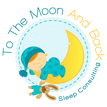
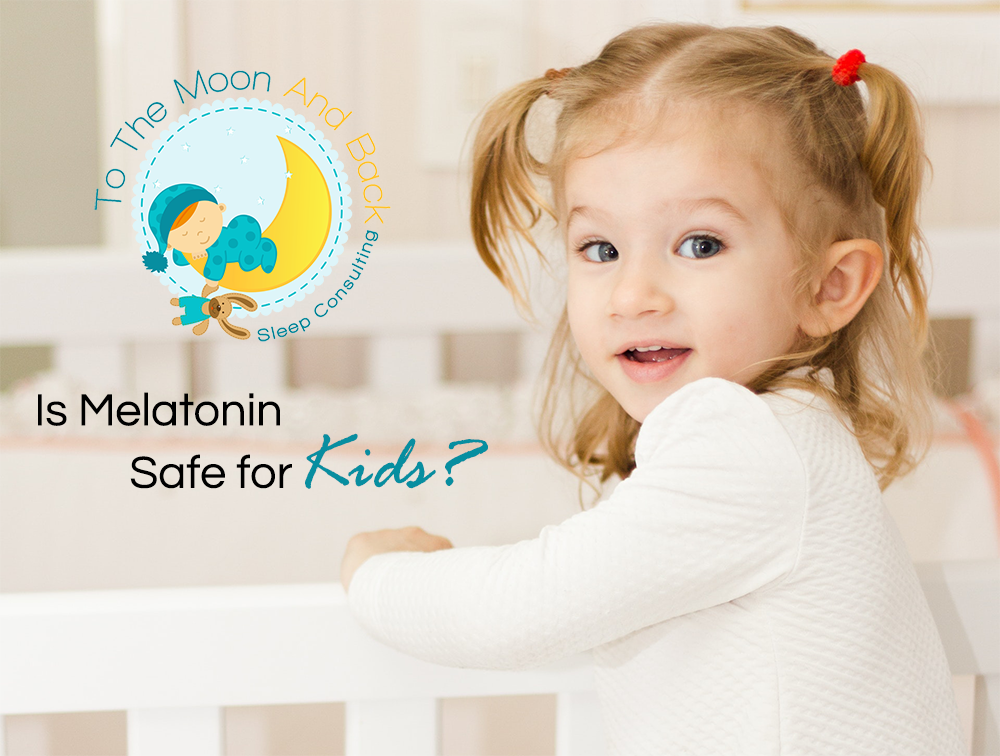
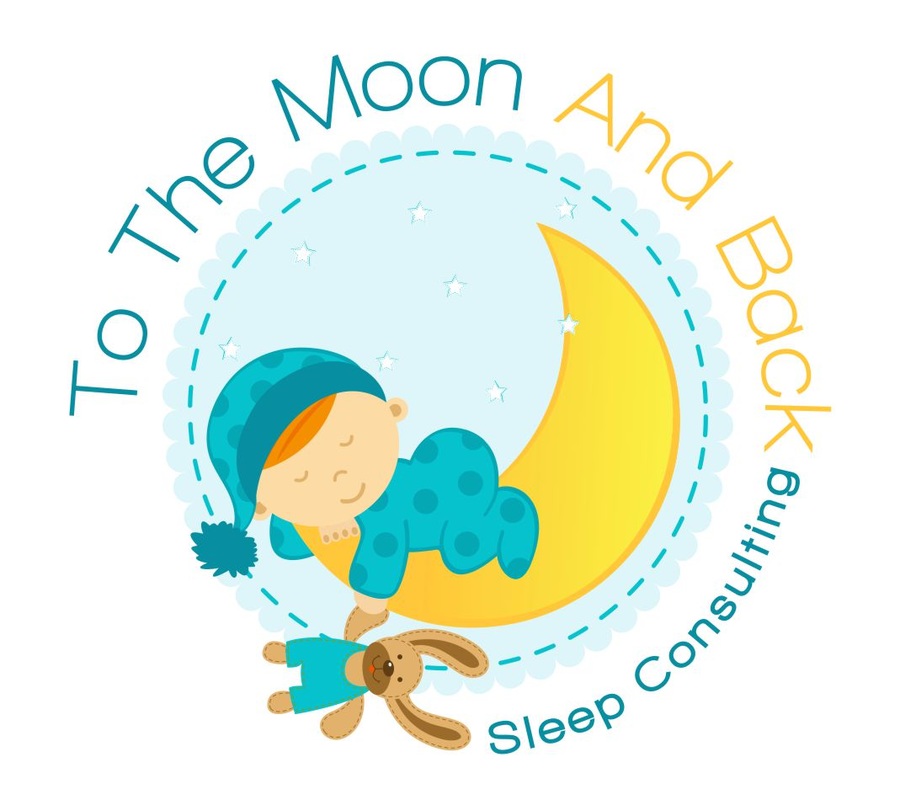
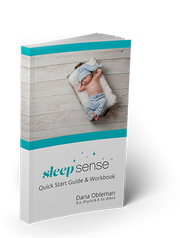
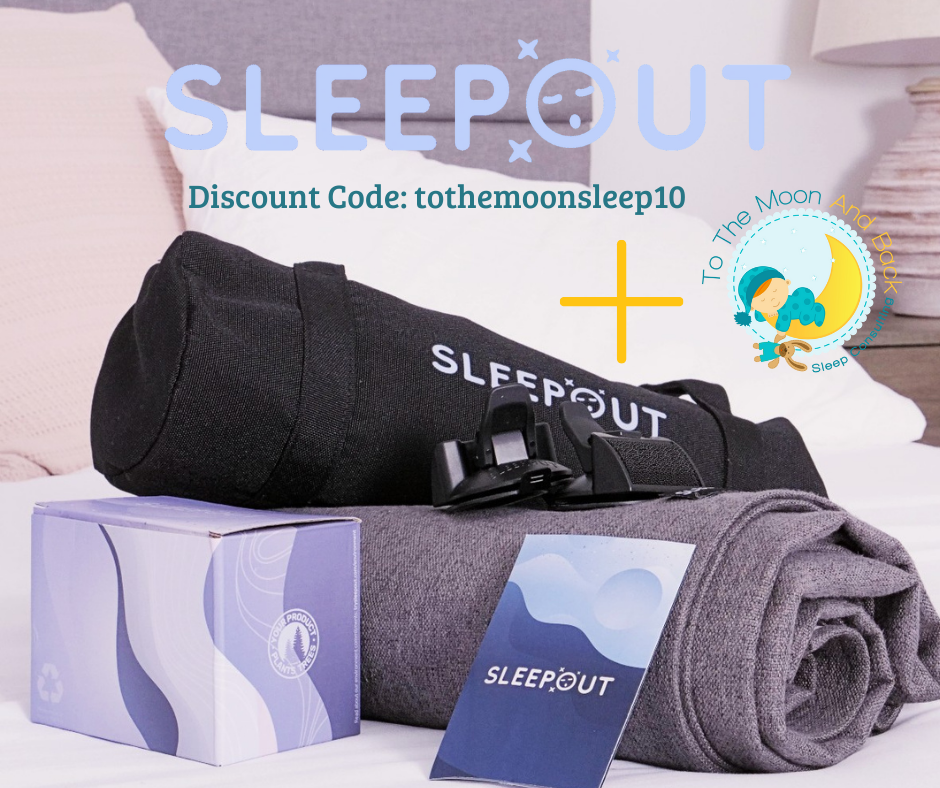


 RSS Feed
RSS Feed
